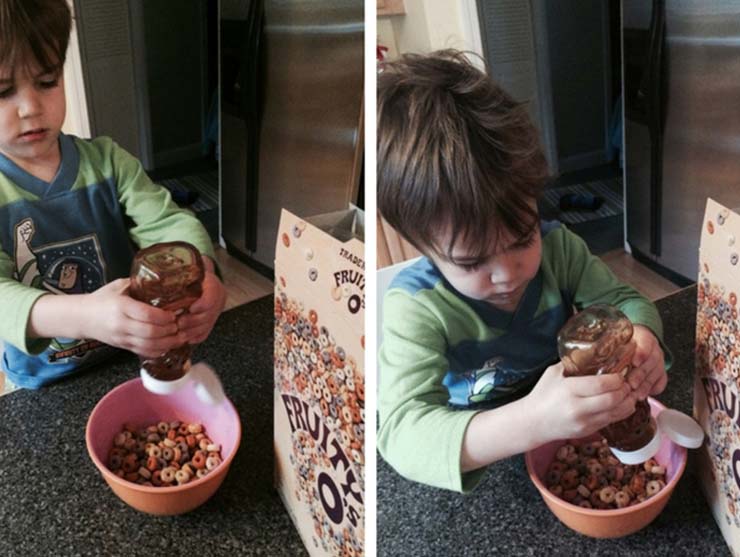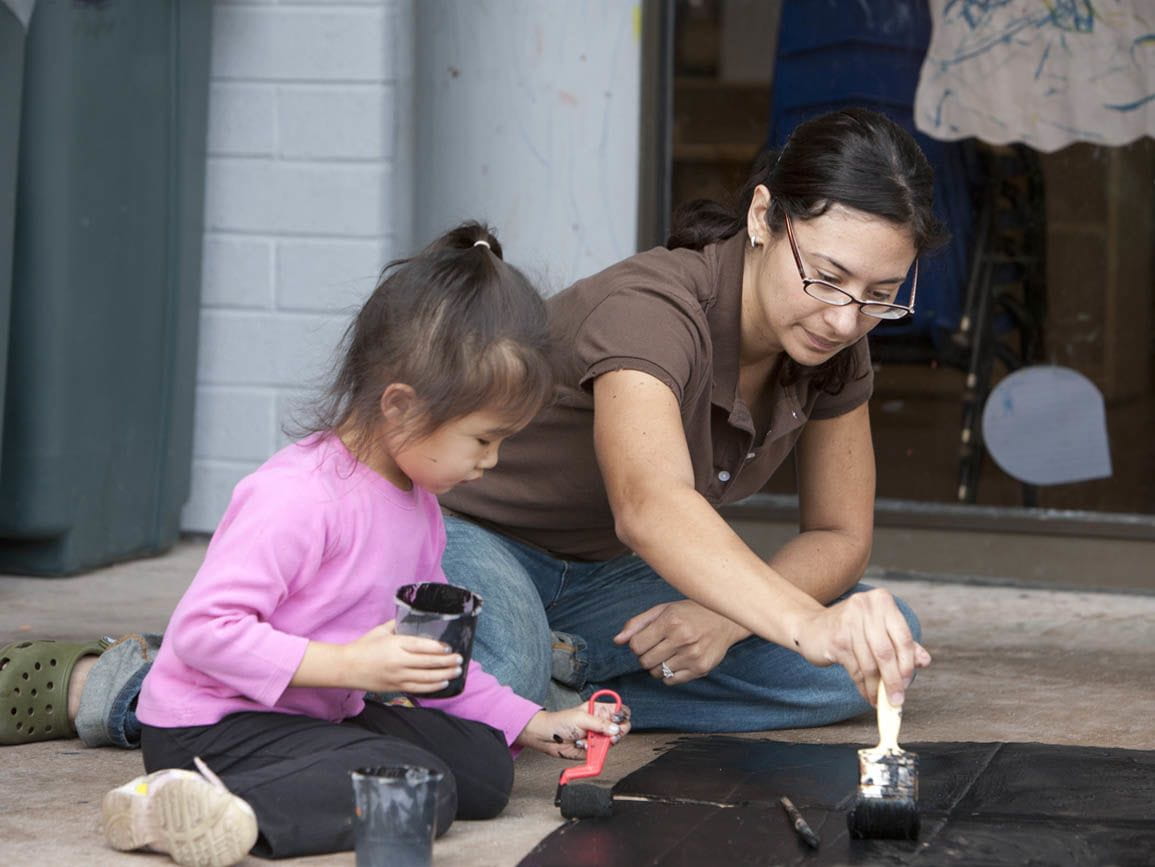Parents: wondering how to raise a successful, resilient, and optimistic child who can navigate life's challenges with grace? There isn’t a one-size-fits-all formula, but key life skills — communication, kindness, emotional intelligence, confidence, and more — can greatly contribute to your child’s growth and development. Here’s how to help your child build these important qualities.
1. The power of optimism
Optimism is “about a child's capacity to see their goodness and value,” says Claire Goss, Senior Manager, Family and Client Support at Bright Horizons. Encouraging this mindset can help your child face obstacles with courage and resilience. And keep in mind: optimism does not mean ignoring problems. Instead, it's about stopping challenges from overshadowing one's sense of worth.
2. Grit: the road to success
Angela Duckworth, author of “Grit: The Power of Passion and Perseverance,” found that the most potent predictor of success among high school students was their grit — their ability to confront challenges with optimism and persistence. You can help your child develop grit by encouraging them to embrace challenges as opportunities and persistently pursue their goals.
3. Resilience in action
Resilience allows children to wake up each day knowing they can face whatever comes their way. Teaching resilience is vital in preparing your child to bounce back from setbacks, ensuring that they emerge stronger and more determined.
4. Embracing healthy risks
Your primary concern is your child's well-being, but exposing them to calculated risks — a toddler's first steps, for example — contributes to their cognitive and emotional growth. As Claire puts it, “When your child is allowed to take healthy emotional, social, and physical risks, it's great for their brain development. They learn confidence and have the opportunity to build resilience skills.”
5. The pitfalls of toxic positivity
Being overly optimistic dismisses genuine feelings in favor of unwavering cheerfulness. Instead, acknowledge and validate your child's emotions, even when they're struggling — this will help them process and learn from their experiences.
6. Secure and consistent relationships
Having at least one stable and committed relationship with a supportive parent or caregiver is the single most common factor in kids who develop resilience, according to The Center on the Developing Child at Harvard University. Not to mention, this also helps facilitate healthy risk-taking and fosters a safe environment for exploration. Children who feel valued and loved are more likely to approach challenges with confidence, knowing they have a support system.
7. Encouraging connection, play, learning, and acts of kindness
These actions can give your child a broader perspective and a deeper sense of purpose, guiding them toward happiness and fulfillment. “Your job is to allow your kid to be who they are, to continue to love them, and give them opportunities to connect, to play, to learn, to give,” says Steve Gross, Chief Playmaker at Life is Good Playmaker Project.
8. Embrace imperfection and adaptability
Remember that no strategy is foolproof — trial and error are part of the journey. Adaptability and learning from experiences are invaluable tools in your growth as a parent and in shaping your child's development.
9. Embrace the journey
You can help your child see the goodness within themselves, others, and the world around them. By providing a supportive environment, cultivating essential life skills, and encouraging healthy risk-taking, you can set your child on a path toward a fulfilling and meaningful life.
Our webinar, Why Failing and Risk-Taking Are Better Than Perfection, offers additional tips on encouraging your child to step out of their comfort zone and face challenges, even if they fail. Tune in on-demand to hear from Claire Goss, Senior Manager, Family and Client Support, and Steve Gross, Chief Playmaker at Life is Good Playmaker Project.




